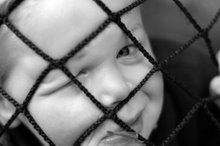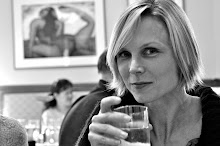A friend asked me the other night at a BBQ, during an egg hunt for the kids, "So what did you guys give up for Lent?" "Passover is a holiday that commemorates the time in history when the Jewish people were freed from slavery in the land of Egypt. The Jewish people were slaves, and they wanted to be free. The Pharaoh had decreed that all Jewish male babies were to be killed because he felt that the Jewish people were becoming too strong. One couple, Jocheved and Amran, decided to try to save their infant son. They put him in a basket, and floated him on the river. They sent their daughter, Miriam, to watch and make sure that someone rescued the baby from the river. The rescuer was Pharaoh's daughter. She called him Moses, which means, take from the water, and she raised him as her own son. When he grew up, he had much empathy for the Jewish slaves, and when he found out that he was a Jew, he wanted to help his people. He tried to get the Pharaoh to free the Jewish slaves, but the Pharaoh refused. Moses had a special relationship with G-d. There were 10 plagues sent down to Egypt, but still the Pharaoh would not let the Jews go. Finally, after the 10th plague, which was the slaying of the first born sons, he relented and said that the Jewish people could leave. They gathered up their belongings quickly, and didn't have time for their bread to rise, so they had to bake it and take it the way it was. This is why the Jewish people eat matzah during Passover. As the Jews were fleeing, Pharaoh changed his mind, and sent his army after the people to bring them back. G-d parted the Red Sea for the Jews to cross, and as soon as they were safely to the other side, the waters closed on the soldiers, drowning them all. The Jewish people were saved. The 10 Plagues are: Blood, Frogs, Lice, Beasts, Cattle Disease, Boils, Hail, Locusts, Darkness, Slaying of the Firstborn. The name Passover comes from when the Angel of Death passed over the homes of the Jews, because they had been forewarned, and had put lambs blood on their doors, so that death would spare their first born child." by Nancy Hersh |
Monday, April 2, 2007
What do you Jews do, instead of Easter?
Subscribe to:
Post Comments (Atom)



No comments:
Post a Comment